Topirva 25 | Tablet | 10 pcs
৳ 50.00
Brand Name: Topirva Tablet
Generic: Topiramate
25 mg
Manufacturer: Incepta Pharmaceuticals Ltd.
Unit Price: ৳ 5.00 (5 x 10: ৳ 250.00)
Strip Price: ৳ 50.00
Indications
This drug is used to treat epilepsy in both children and adults. In children it is also indicated for treatment of Lennox-Gastaut syndrome (a disorder that causes seizures and developmental delay). It is now most frequently prescribed for the prevention of migraines. It has been used by psychiatrists to treat bipolar disorder and alcoholism.
The drug is also used to treat Post Traumatic Stress Disorder. Studies suggest that Topiramate is effective against infantile spasms.
Monotherapy in Epilepsy: Topiramate is indicated as initial monotherapy in patients of 10 years of age and older with partial onset or primary generalized tonic-clonic seizures.
Adjunctive Therapyin Epilepsy: Topiramate is indicated as adjunctive therapy for adults and pediatric patients ages 2-16 years with partial onset seizures, or primary generalized tonic-clonic seizures, and in patients 2 years of age and older with seizures associated with Lennox-Gastaut syndrome.
Migraine: Topiramate is indicated for adults for the prophylaxis of migraine headache.
Therapeutic Class
Pharmacology
Dosage
The initial dose normally is low and increased in slow steps.The usual initial dose is 25 to 50 mg daily in 2 single doses. Recommended increments are 25 to 50 mg every 1 or 2 weeks. Common doses for maintenance treatment are 100 to 200 mg daily. The highest dose possible is 1,000 mg daily in divided doses.
Monotherapy Use: The recommended maximum dose for Topiramate monotherapy in adults and children 10 years of age and older is 400 mg/day in two divided doses.
Adjunctive Therapy Use Adults (17 Years of Age and Over): The recommended total daily dose of Topiramate is 400 mg/day in Partial Seizures or Primary Generalized Tonic-Clonic Seizures. Daily doses above 1600 mg have not been studied.
Pediatric Patients (Ages 2 to 16 Years): Partial Seizures or Primary Generalized Tonic-Clonic Seizures The recommended total daily dose of Topiramate tablets as adjunctive therapy for patients with partial seizures or primary generalized tonic-clonic seizures is approximately 5 to 9 mg/kg/day in two divided doses.Titration should begin at 25 mg (or less, based on a range of 1 to 3 mg/kg/day) nightly for the first week. The dosage should then be increased at 1 or 2 week intervals by increments of 1 to 3 mg/kg/day (administered in two divided doses), to achieve optimal clinical response. Dose titration should be guided by clinical outcome.
Administration
Interaction
Contraindications
Side Effects
Pregnancy & Lactation
Precautions & Warnings
Use in Special Populations
Patients with Renal Impairment: In renally impaired subjects (creatinine clearance less than 70 ml/min/1.73 m2), one-half of the usual adult dose is recommended. Such patients will require a longer time to reach steady-state at each dose.
Patients Undergoing Hemodialysis: Topiramate is cleared by hemodialysis at a rate that is 4 to 6 times greater than a normal individual. Accordingly, a prolonged period of dialysis may cause Topiramate concentration to fall below that required to maintain an anti-seizure effect.To avoid rapid drops in Topiramate plasma concentration during hemodialysis, a supplemental dose of Topiramate may be required. The actual adjustment should take into account 1) the duration of dialysis period, 2) the clearance rate of the dialysis system being used, and 3) the effective renal clearance of Topiramate in the patient being dialyzed.
Overdose Effects
Overdoses of Topiramate includes convulsions, drowsiness, speech disturbance, blurred vision, diplopia, lethargy, abnormal coordination, stupor, hypotension, abdominal pain, agitation, dizziness and depression.The clinical consequences are not severe. Topiramate overdose results in severe metabolic acidosis.
In acute Topiramate overdose, if the ingestion is recent, the stomach should be emptied immediately by lavage or by induction of ernes is. Activated charcoal has been shown to adsorb Topiramate in vitro. Hemodialysis is an effective means of removing Topiramate from the body.
Storage Conditions
| Generic Name | Topiramate |
|---|---|
| Size | 25 mg |
Only logged in customers who have purchased this product may leave a review.



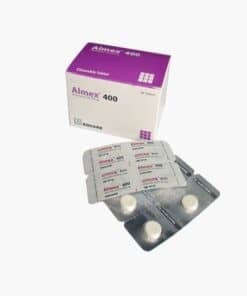

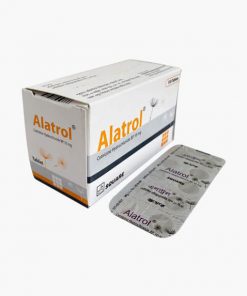
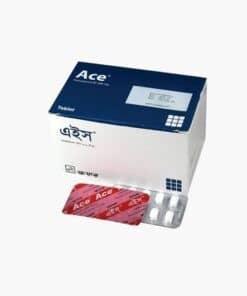
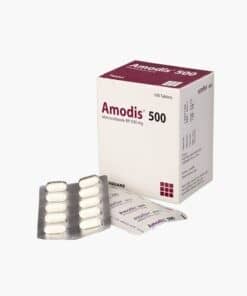
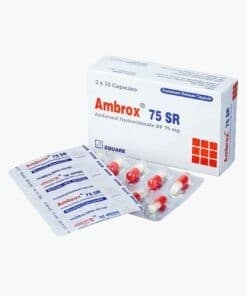
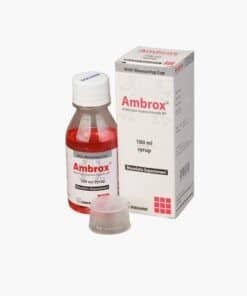
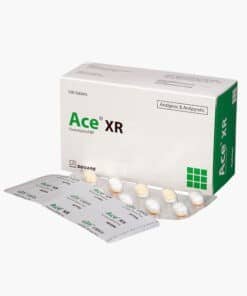
Reviews
There are no reviews yet.